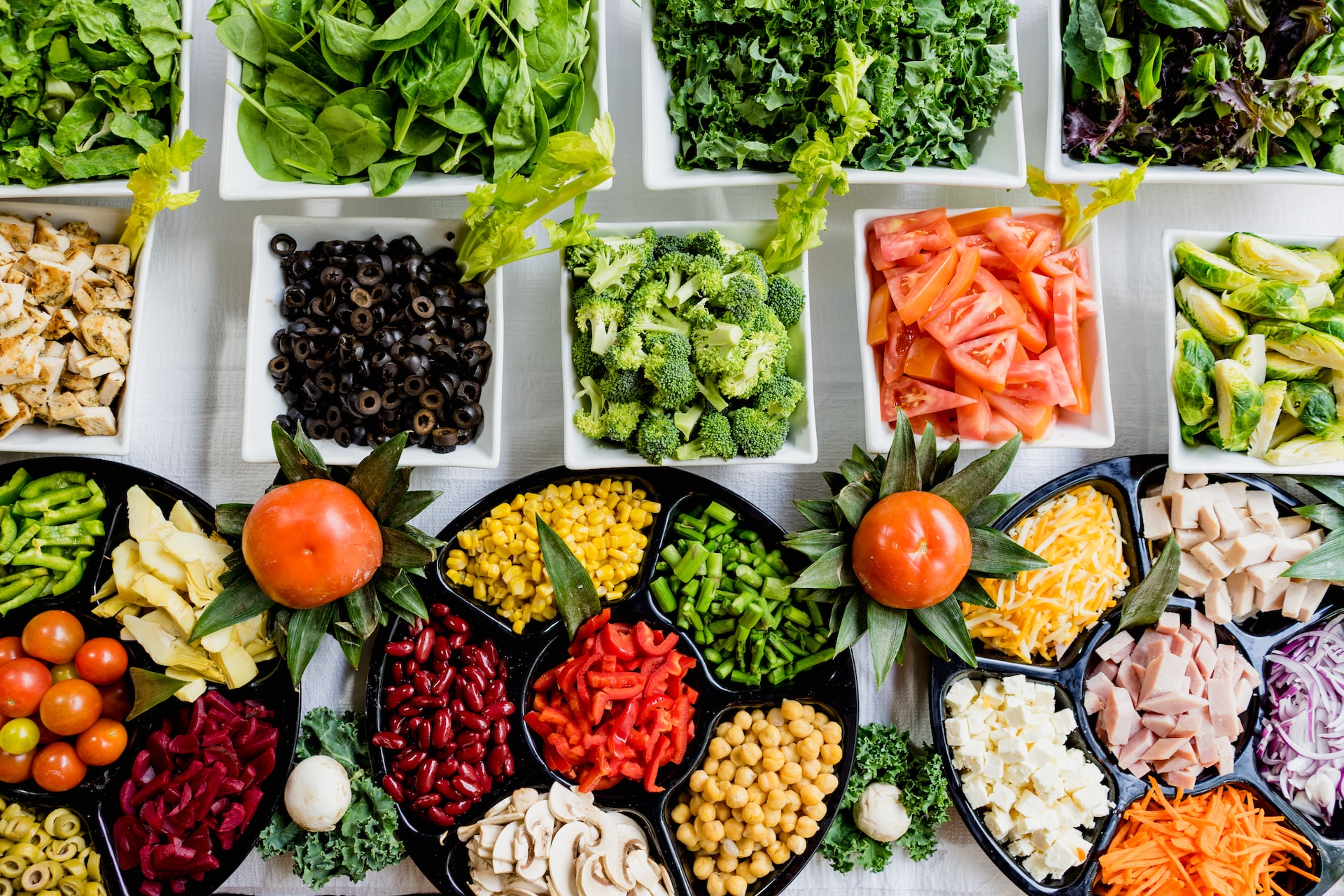Image credit: Daniel Gold on Unsplash
Managing diabetes through a controlled diet and nutrition is a highly effective approach that can help prevent complications and improve overall health.
The Importance of a Controlled Diet in Diabetes Management
A controlled diet is an essential aspect of managing diabetes. The foods we eat directly impact our blood glucose levels, so choosing foods that help maintain healthy blood glucose levels is essential. Controlled diets can also help manage weight, lower blood pressure, reduce cholesterol, reduce complications, and improve blood flow.
The American Diabetes Association (ADA) recommends people with diabetes eat nutrient-dense foods in appropriate portion sizes and follow a healthy eating plan.
A healthy eating plan should focus on the following:
- Carbohydrates: Carbohydrates significantly impact blood glucose levels, so choosing healthy carbohydrate sources and watching portions is important. Good carbohydrate sources include whole grains, fruits, vegetables, and legumes. Sugary and refined carbohydrate sources, such as candy, soda, and white bread, should be limited.
- Fiber: High-fiber foods can help control blood glucose levels and promote feelings of fullness. All whole grains, fruits, vegetables, nuts, and seeds contain fiber.
- Protein: Protein helps build and repair tissues and can help you feel full longer. Protein-rich foods include lean meats, poultry, fish, eggs, beans, and nuts.
- Fat: Olive oil, nuts, and avocados contain unsaturated fats that can improve cholesterol levels and reduce heart disease risk. There should be a limit on saturated and trans fats in animal products and some processed foods.
- Portion control: Monitoring portion sizes is critical for managing blood glucose levels and preventing overeating. Eating smaller, more frequent daily meals can also help maintain steady blood glucose levels.
The Role of Nutrition in Diabetes Management
Diabetes management also involves nutrition. Our bodies need vitamins, minerals, and antioxidants to function properly, so a well-balanced diet should provide them. The consumption of nutrient-dense foods is crucial for people with diabetes who are at risk of nutrient deficiencies.
Here are some important nutrients for people with diabetes:
- Magnesium is essential for regulating blood glucose levels and is found in leafy green vegetables, nuts, and whole grains.
- Blood glucose control may be affected by vitamin D, which is necessary for bone health. Fish, eggs, and fortified foods are good sources of vitamin D.
- Omega-3 fatty acids are helpful for heart health and may also help reduce inflammation. Healthy sources of omega-3s are fish, flaxseed, and walnuts.
- Whole grains, broccoli, and nuts contain chromium, a mineral that regulates blood glucose levels.
- In addition to protecting cells from damage, antioxidants may also reduce the risk of complications associated with diabetes. Among the best sources of antioxidants are fruits, vegetables, nuts, and seeds.
Developing an individualized nutrition plan based on your preferences and needs requires the assistance of your healthcare provider or registered dietitian.
Tips for a Healthy Eating Plan for People with Diabetes
For people with type 2 diabetes, here are some tips for creating a healthy eating plan:
- Choose nutrient-dense foods: Boost your nutrition by consuming fruits, vegetables, whole grains, lean protein, and healthy fats. Eating these foods allows you to stay full, get energy, and supplement your diet with nutrients.
- Eat various foods: Eating various foods can help you get all the necessary nutrients. Try to eat a range of colors, textures, and flavors in your meals.
- Watch your portion sizes: Pay attention to your portion sizes, as overeating can cause your blood sugar levels to spike. Use measuring cups, food scales, or your hands to help you measure your portion sizes.
- Limit sugar and refined carbohydrates: Sugary and refined carbohydrate sources, such as candy, soda, white bread, and processed foods, can cause your blood sugar levels to rise quickly. Limit these foods in your diet.
- Choose healthy carbohydrates: Healthy carbohydrate sources include whole grains, fruits, vegetables, and legumes. These foods are high in fiber, which can help keep you full and regulate blood sugar levels.
- Include protein with every meal: Protein can help you feel full and satisfied and can also help regulate blood sugar levels. Good protein sources include lean meats, poultry, fish, eggs, beans, and nuts.
- Choose healthy fats: Besides improving cholesterol levels, healthy fats can help reduce the risk of heart diseases, such as those found in olive oil, nuts, and avocados. Limit saturated and trans fats found in animal products and some processed foods.
- Stay hydrated: Drinking enough water can help regulate blood sugar levels and prevent dehydration. Aim for at least 8 glasses of water per day.
- Work with a registered dietitian: A registered dietitian can help you create a personalized eating plan that meets your needs and preferences.
Remember that a healthy eating plan is just one part of managing type 2 diabetes. Be sure to work with your healthcare provider to develop a comprehensive treatment plan that includes regular physical activity, medications if necessary, and regular monitoring of blood sugar levels.

